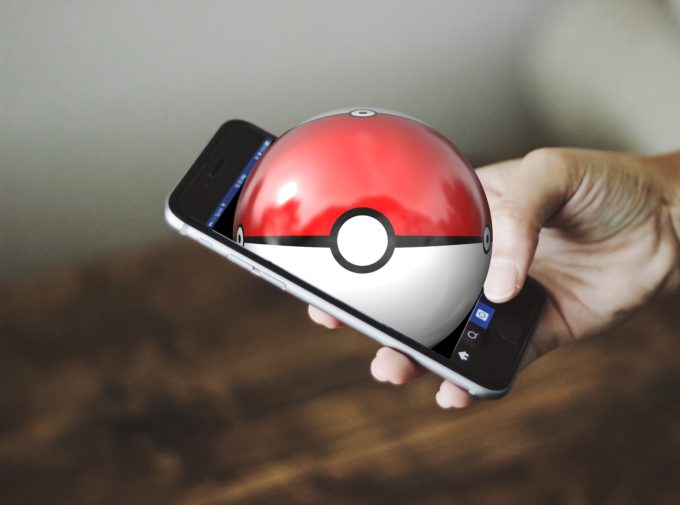Blackbird Tech. LLC v. Niantic, Inc., No. 17-cv-1810-RGA, 2018 U.S. Dist. LEXIS 186629 (D. Del. Oct. 31, 2018).
On October 31, 2018, the U.S. District Court for the District of Delaware refused to dismiss a case against Pokémon GO software developer Niantic, Inc. In the case, Blackbird Technologies sued Niantic for alleged infringement of U.S. Patent No. 9,802,127 (“the ‘127 patent”), a video game geotagging and geolocation patent. On April 27, 2018, Niantic moved to dismiss on the grounds that the ‘127 patent was invalid under Section 101 of the U.S. Patent Act, 35 U.S.C. §101. District Judge Andrews held that the ‘127 patent did not fall into one of the categories of patent-ineligible subject matter, therefore denying the motion to dismiss.
In evaluating the validity of the ‘127 patent, the court applied the two-step test articulated in Alice Corp. Pty. Ltd. v. CLS Bank Int’l, 573 U.S. 208 (2014). In the Alice test, the court first determines whether the patent claims direct to any of three categories of unpatentable subject matter: laws of nature, natural phenomena, and abstract ideas. If so, the court then must determine if there is an “inventive concept” that ensures that the claim amounts to significantly more than the unpatentable subject matter itself.
Blackbird’s ‘127 patent claims a computerized video game geolocation process through which the user’s position is determined by GPS, location image data are obtained, and images are mapped and displayed as video in the game’s virtual environment. Niantic argued that the ‘127 patent claims are patent-ineligible because they are directed to the abstract idea of "receiving, processing, and displaying or storing location information.” Niantic referenced several cases to argue that the claims “merely describe the idea of receiving, processing, and displaying location information in the context of a video game virtual environment using generic computer components.”
The court found that Niantic’s argument oversimplified the ‘127 patent claims. Judge Andrews distinguished this case from Concaten v. AmeriTrak, which invalidated a patent for “receiving” snowplow location and weather information, “processing” the information, and “providing” a map and instructions to snowplow operators. Concaten, Inc. v. AmeriTrak Fleet Sols., LLC, 131 F. Supp. 3d 1166 (D. Colo. 2015), aff’d, 669 F. App’x 571 (Fed. Cir. 2016). The Concaten court held that the location mapping process was an abstract idea because it simply took "steps routinely performed by humans" and applied them on a computer. In this case, however, the ‘127 patent’s mapping step was “tethered to specific instructions” pertaining to the collection and display of the images. Therefore, the court held that the mapping claim was not directed to an abstract idea.
Because the court held that the ‘127 patent claims were not directed to ineligible subject matter, it was not necessary to perform the analysis in Alice step two. Thus, the court denied the motion to dismiss, allowing the case to move forward. Patent Docs provides an overview of the case.
